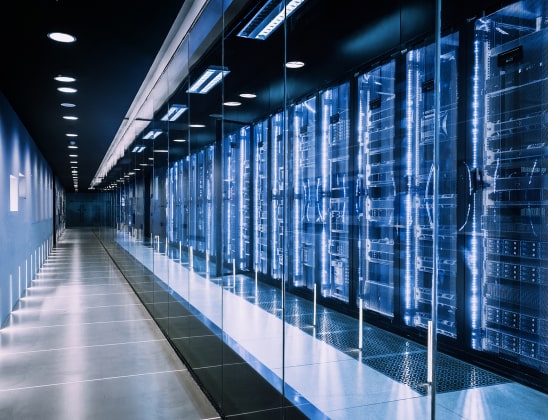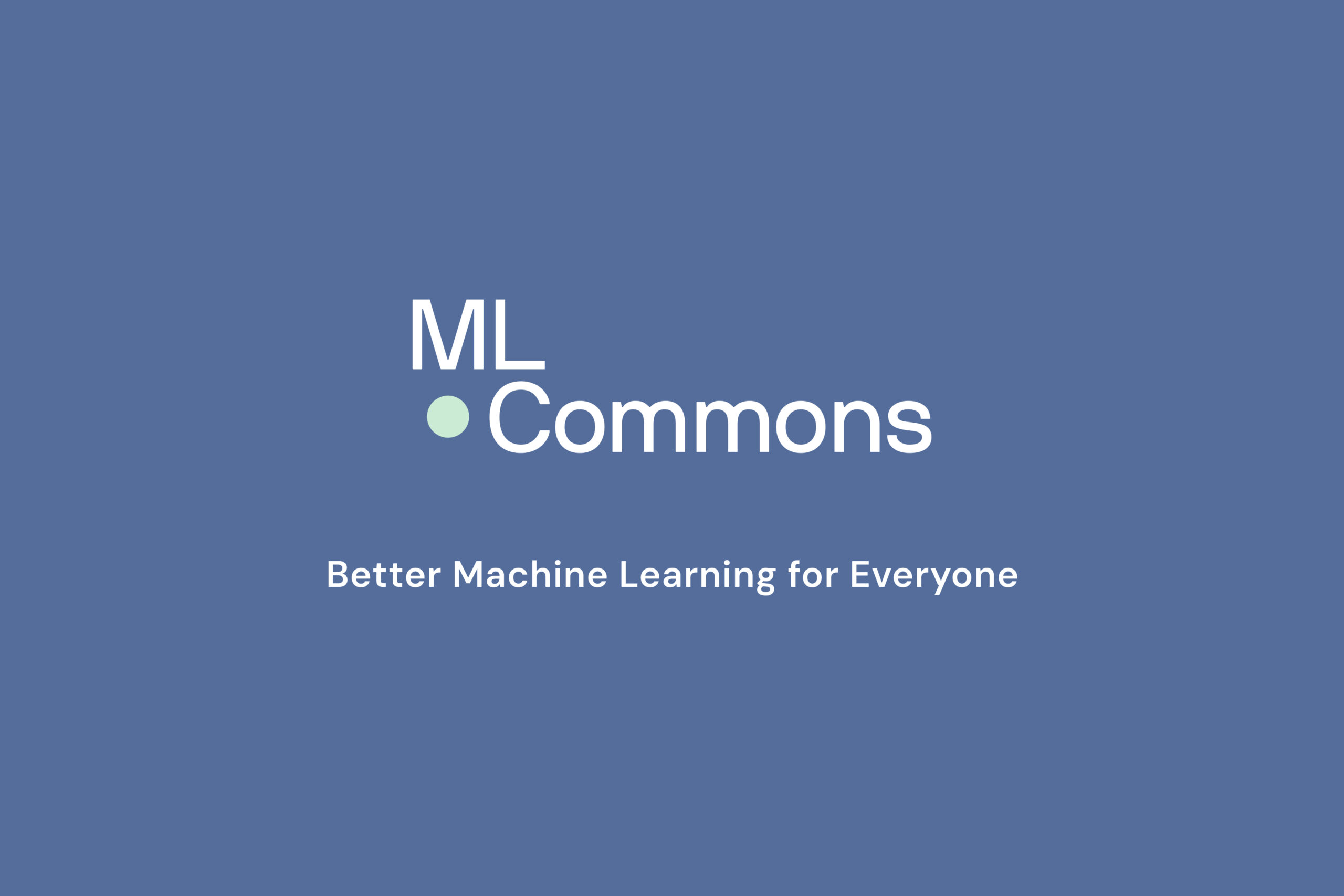
MLPerf HPC
Create MLPerf HPC benchmarks based on science applications to run on large-scale supercomputers.

Purpose
The MLPerf HPC benchmark suite includes scientific applications that use ML, especially Deep Learning (DL) at HPC scale. These benchmarks will help project future system performance and assist in the design and specification of future HPC systems. The benchmark suite aims to evaluate behavior unique to HPC applications and improve our understanding across several dimensions. First, we explore model-system interactions. Second, we characterize and optimize deep learning workloads, and identify potential bottlenecks. Last, we quantify the scalability for different deep learning methods, frameworks and metrics on hardware diverse HPC systems.
Deliverables
- MLPerf HPC benchmarks with rules and definitions
- Reference implementations of the MLPerf HPC benchmarks
- Release roadmap for future versions
- Publish benchmark results annually during Supercomputing
Meeting Schedule
Alternates weekly Monday at 8:05-9:00AM Pacific and Monday at 3:05-4:00PM Pacific.
How to Join and Access MLPerf HPC Resources
To sign up for the group mailing list, receive the meeting invite, and access shared documents and meeting minutes:
- Fill out our subscription form and indicate that you’d like to join the MLPerf HPC Working Group.
- Associate a Google account with your organizational email address.
- Once your request to join the HPC Working Group is approved, you’ll be able to access the HPC folder in the Public Google Drive.
To engage in working group discussions, join the working group’s channels on the MLCommons Discord server.
To access the GitHub repository (public):
- If you want to contribute code, please submit your GitHub ID to our subscription form.
- Visit the GitHub repository.
Working Group Leadership
To contact all HPC working group chairs email [email protected].

